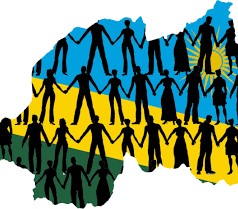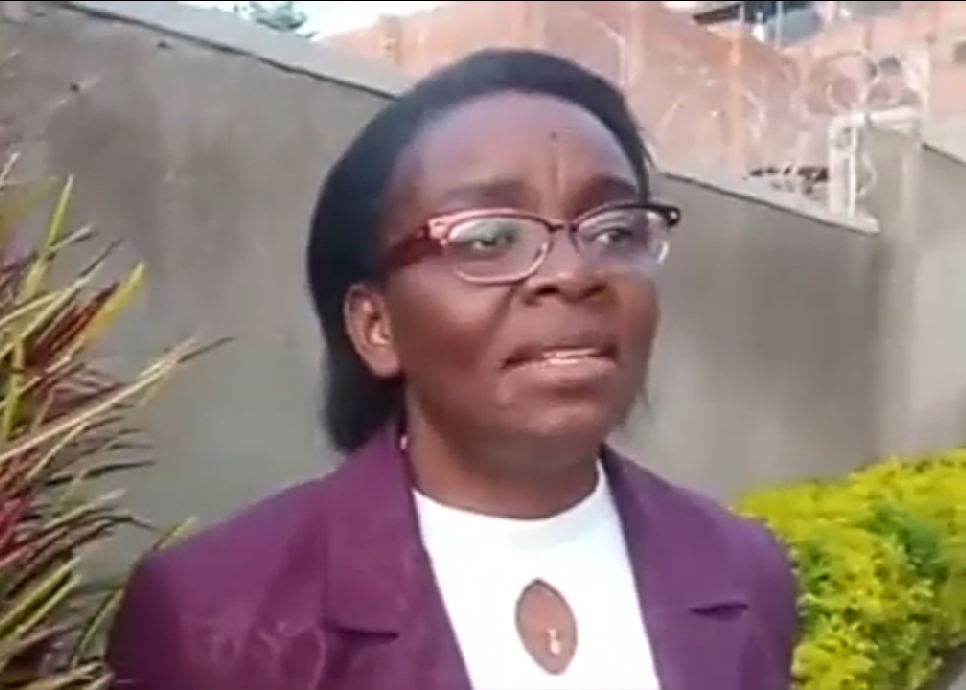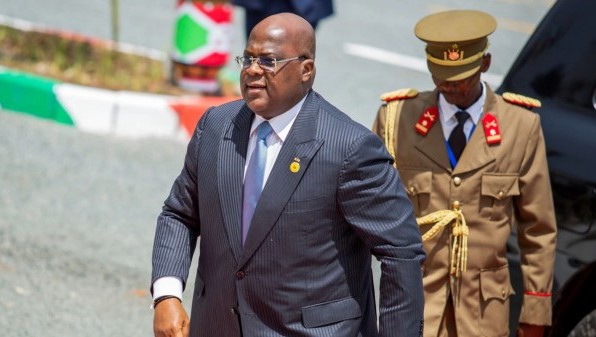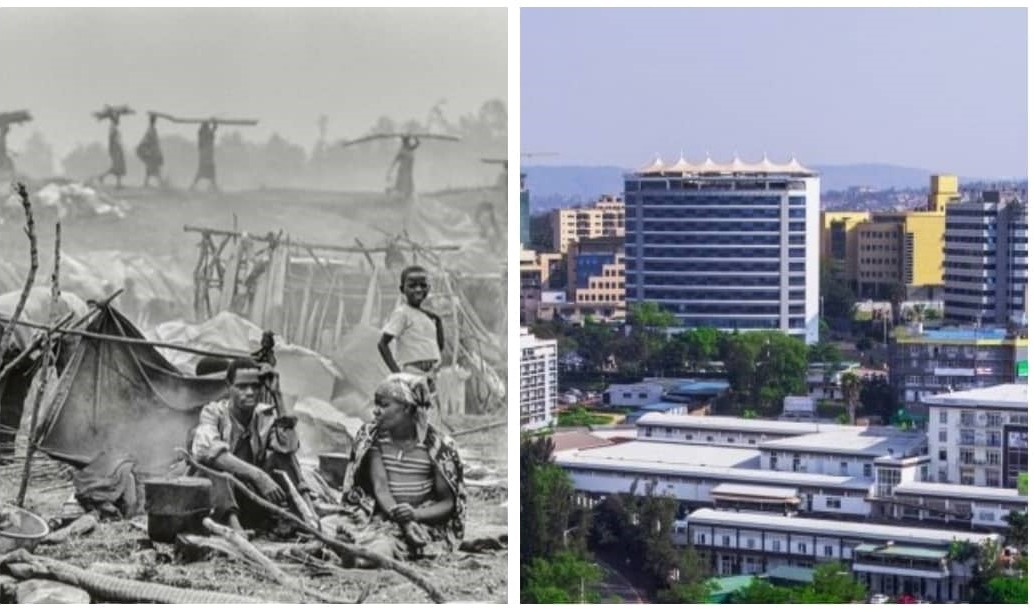Regional
Rwandans’ unity paramount for peace, stability

On
June 23, the Rwanda Patriotic Front (RPF) Secretariat convened a meeting of
about 800 senior cadres to discuss issues likely to jeopardize the unity of
Rwandans.
One
of the issues was a group of people who had earlier convened in Kinigi, in Musanze
district, to install a clan leader who they called Umutware w’abakono (the
chief of Abakono clan).
Most
of the people who attended the function were RPF members who later publicly
apologized for their shortsightedness after realizing that the act was likely
to jeopardize national unity. All RPF members who attended the coronation
function expressed remorse. And they pledged to uphold the unity of Rwandans as
a fundamental principle. There was no political ambition expressed for creating
factions within RPF- Inkotanyi.
To
err is human, they say. Mistakes are always committed by people, and the Kinigi
incident was considered as a one off incident by some RPF members that was
likely to undermine the unity of Rwandans and therefore, had to be quickly and publicly
condemned.
Political
organizations in Rwanda are prohibited from basing themselves on race, ethnic
group, tribe, clan, region, sex, or any other form of division which may give
rise to discrimination. Article 54 of the Constitution of Rwanda requires political
organizations to constantly reflect on the unity of the people of Rwanda, gender
equality and complementarity, whether in the recruitment of members, putting in
place organs of leadership and in their operations and activities.
In
November 2013, the government of Rwanda initiated Ndi Umunyarwanda (I am Rwandan) program to build a national
identity based on trust and dignity. It aims to
strengthen unity and reconciliation among Rwandans by providing a forum for
people to talk about the causes and consequences of the genocide as well as
what it means to be Rwandan.
When people begin to form clan groupings like the group in
Kinigi were doing, national unity - which is the foundation of peace, stability
and sustainable development - is undermined.
During
the pre-colonial era, Rwanda was a united society. All Rwandans had the
conviction that the King was benevolent and always wanted the good for all.
Rwandans
were aware that by taking this responsibility to strive for the good, no
Rwandan was excluded. The King was important for all Rwandans. Poets called him
Sebantu (father of all people of Rwanda). After a King was enthroned, he
no longer belonged to any social category or group but was the King of all the
people, without distinction.
But
the unity of Rwandans was hampered ever since the arrival of colonialists;
through their divide and rule policy.
Divisive
policies and the ideology of hate, as well as the persecution and violation of human
rights characterized the Belgian colonial bad administration. In the 1930s, the
Belgians began issuing racial identity cards where Rwandans were identified as
Hutu, Tutsi or Twa. This was after
finding that the Rwandans were a homogeneous society unified by the same
culture and therefore, it was not easy to dominate them.
What
had been social-economic classes — the Hutu, Tutsi, and Twa —were gradually
transformed into ethnic groups.
Colonial
anthropologists put in place a formula to measure, among others, the size of Rwandans’
noses using an instrument known as Vernier
calipers, to falsely prove that there is scientific evidence that the so
called ethnic groups have distinct physical features. They were preparing the
ground for the most brutal and devastating Genocides in human history—the 1994
Genocide against Tutsi.
Promotion
of national unity and reconciliation has become a Centre pillar for all
national efforts and a basis for combating all forms of discrimination and
exclusion.
Rwandans’
unity is paramount for peace, stability and national development, and
therefore, has to be guarded jealously.






.jpg-20220806112610000000.jpg)